The U.S. Supreme Court in 2025
As of April 2025, the U.S. Supreme Court maintains a 6–3 conservative majority. This composition continues to influence significant rulings on issues such as abortion, gun rights, and affirmative action. Below is an overview of the nine justices currently serving on the bench:
1. Chief Justice John Roberts
-
Appointed by: President George W. Bush in 2005
-
Ideological Leaning: Conservative (often centrist)
-
Background: Roberts has served as Chief Justice since 2005, often acting as a swing vote in closely divided cases. He is known for his commitment to institutional integrity and has occasionally sided with the liberal justices on key issues.
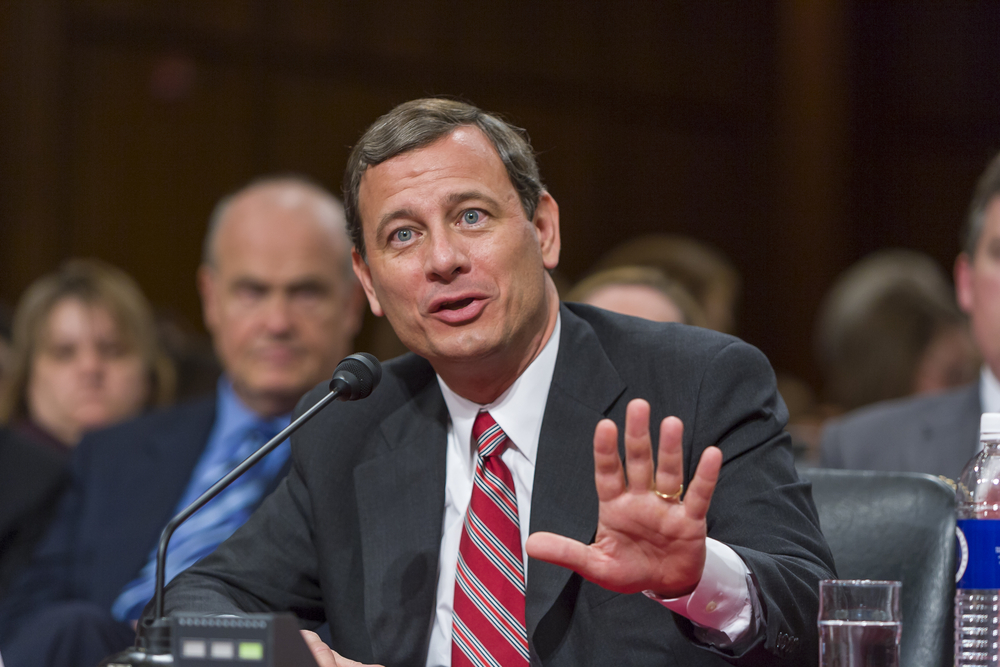
John Roberts
2. Justice Clarence Thomas
-
Appointed by: President George H. W. Bush in 1991
-
Ideological Leaning: Conservative
-
Background: As the longest-serving current justice, Thomas is known for his originalist approach to constitutional interpretation. He has been a consistent conservative voice on the Court.
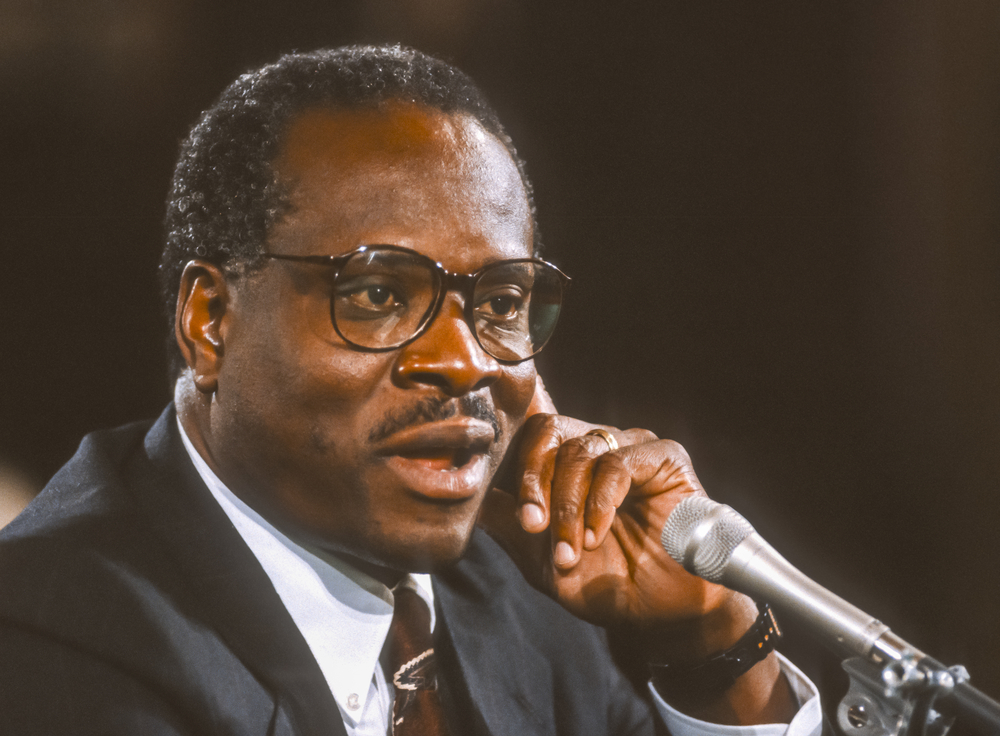
Clarence Thomas
Related: ACLU: Defending Freedom or Stirring Debate?
Related: Who Are the Leaders of the ACLU?
3. Justice Samuel Alito
-
Appointed by: President George W. Bush in 2006
-
Ideological Leaning: Conservative
-
Background: Alito has been a strong conservative presence on the Court, often emphasizing a textualist approach to the Constitution. He has authored significant opinions on religious freedom and campaign finance.
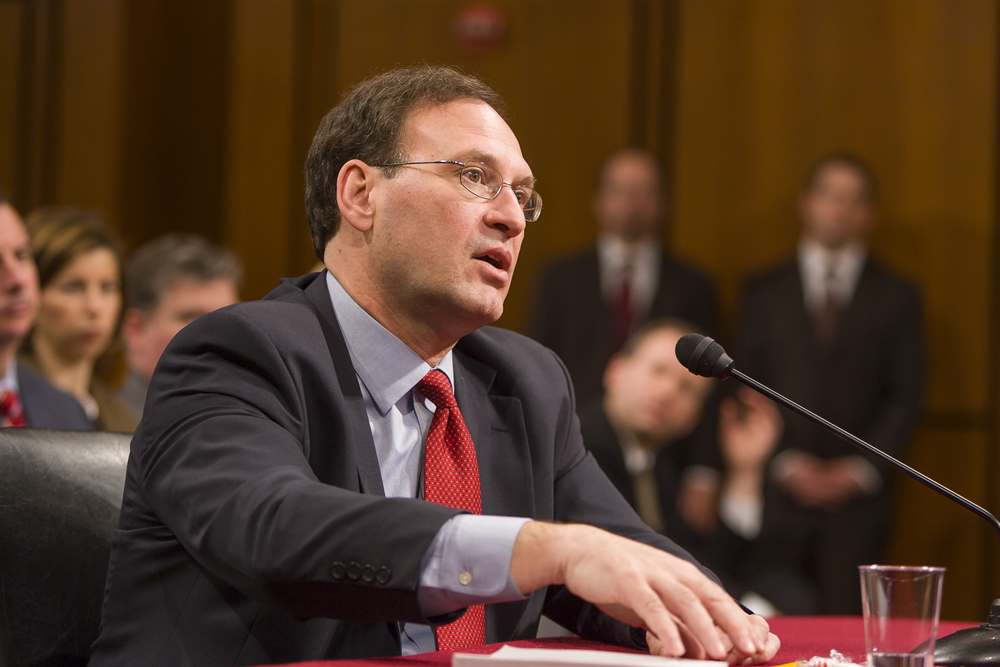
Samuel Alito
4. Justice Sonia Sotomayor
-
Appointed by: President Barack Obama in 2009
-
Ideological Leaning: Liberal
-
Background: Sotomayor is the first Hispanic and Latina Supreme Court justice. She is known for her advocacy on issues of race, gender, and ethnic identity, often providing passionate dissents in cases involving civil rights.
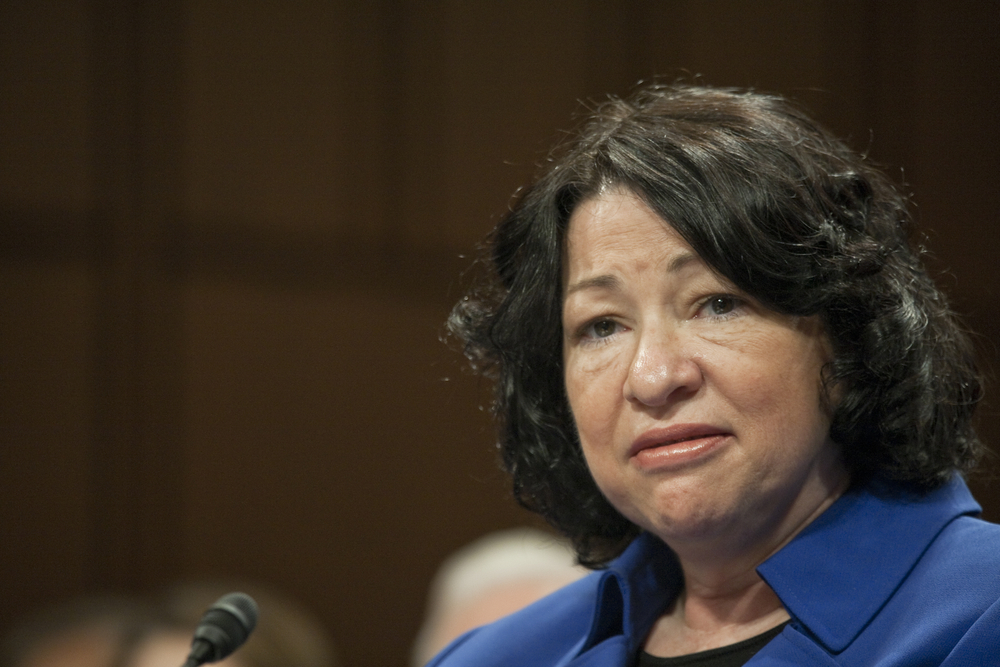
Sonia Sotomayor
5. Justice Elena Kagan
-
Appointed by: President Barack Obama in 2010
-
Ideological Leaning: Liberal
-
Background: Before joining the Court, Kagan served as Solicitor General and Dean of Harvard Law School. She is recognized for her pragmatic approach and efforts to build consensus among the justices.
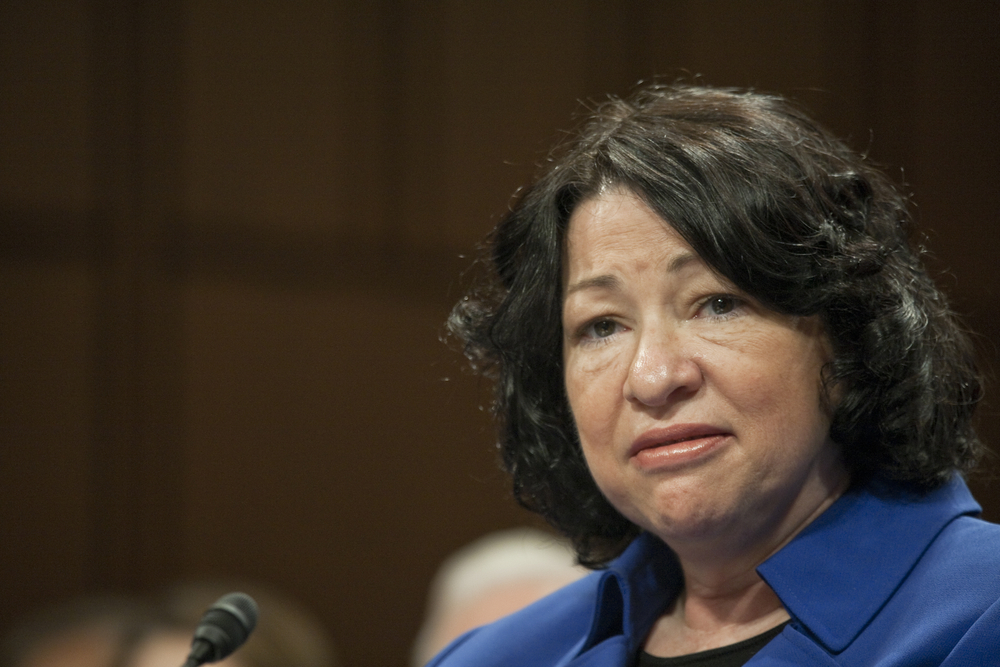
Sonia Sotomayor
6. Justice Neil Gorsuch
-
Appointed by: President Donald Trump in 2017
-
Ideological Leaning: Conservative
-
Background: Gorsuch is known for his textualist and originalist views. He has written notable opinions on administrative law and religious liberties.
Related: Sarah Palin: From Alaska’s Governor to Political Lightning Rod
7. Justice Brett Kavanaugh
-
Appointed by: President Donald Trump in 2018
-
Ideological Leaning: Conservative
-
Background: Kavanaugh's confirmation was one of the most contentious in recent history. On the bench, he has generally aligned with the Court's conservative bloc, particularly on issues of executive power and the Second Amendment.
8. Justice Amy Coney Barrett
-
Appointed by: President Donald Trump in 2020
-
Ideological Leaning: Conservative
-
Background: Barrett, a former Notre Dame Law professor, is known for her originalist interpretation of the Constitution. Her appointment solidified the Court's conservative majority.

Amy Coney Barrett
9. Justice Ketanji Brown Jackson
-
Appointed by: President Joe Biden in 2022
-
Ideological Leaning: Liberal
-
Background: Jackson is the first Black woman to serve on the Supreme Court. Her experience as a former public defender brings a unique perspective to the bench, and she has been an active participant in oral arguments.

Photo: @apollotheater







